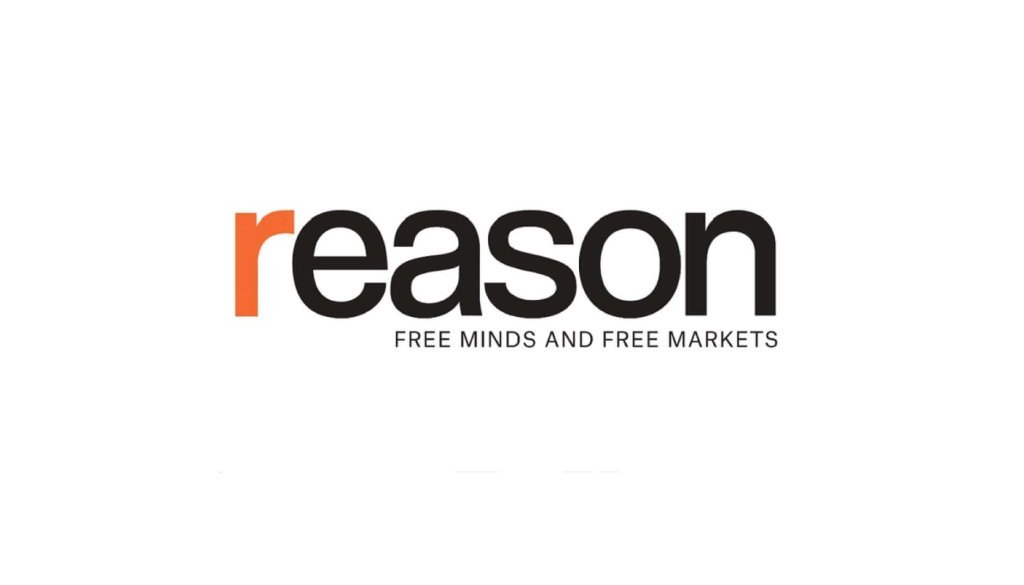Science Needs Dissent: NIH Director Jay Bhattacharya on COVID, Autism, and Climate Change
My friendship with National Institutes of Health (NIH) Director Jay Bhattacharya began when he was a professor of medicine, economics, and health research policy at Stanford University, and I was a staff writer at Salon.
To understand how this friendship works—between a democratic socialist and a key figure in President Donald Trump’s second administration—consider one of Bhattacharya’s favorite films, 12 Angry Men. The 1957 courtroom drama (based on an acclaimed 1954 teleplay) celebrates reasoned dissent, open debate, and the power of a single voice challenging consensus, principles Bhattacharya values deeply, especially in science. It is the respect for such principles that has been the foundation of many friendships I have with individuals whom I disagree with politically, such as libertarian commentator Austin Petersen, conservative writer Joe Silverstein (who I befriended after he skewered me in a Fox News article for comparing President Joe Biden to America’s founding fathers) and the late Sen. Joe Lieberman (D–Conn.)
I strongly oppose almost every major aspect of Trump’s agenda, but I refuse to abandon my relationships with those who disagree with me in good faith. In part, this is a sentimental choice, as I value my friendship with Bhattacharya, but it is also a rational one. I recognize that I am fallible, and therefore, like all human beings, I need to listen to intelligent people who will tell me when they think I’m wrong.
A scene in 12 Angry Men depicts the protagonist juror (played by Henry Fonda) rebutting a bilious monologue spewed by Ed Begley’s bigoted juror character. “It’s always difficult to keep personal prejudice out of a thing like this,” Fonda’s Juror 8 explains. “And wherever you run into it, prejudice always obscures the truth.” Bhattacharya and I both believe this applies to all forms of irrational hate.
In July, I spoke with Bhattacharya about whether these ideals can be revived in this country. We also discussed the backlash against him and the other authors of the Great Barrington Declaration (an issue on which I have changed my original opinion), the importance of protecting dissent within institutions, and our disagreements over the current administration’s policies regarding autism and climate change.
Rozsa: In 2007, Robert F. Kennedy Jr. wrote an essay about how his uncle, President John F. Kennedy, wanted to campaign with Republican presidential nominee Sen. Barry Goldwater (R–Ariz.) during the 1964 election, holding a series of town halls to show that people with different ideologies could discuss issues respectfully. Do you believe America can return to that today?
Bhattacharya: I do. You and I are living proof of this. We probably share somewhat different political ideas, but it’s been really interesting and fun to work together on our common interests. I still remember fondly the essay we wrote after the assassination attempt on President Trump, where we worked to say, “Look, this is a time for the country to come together. This is a time for us to look at the courage of the folks who were defending the president, and the president himself, as well as to understand the underlying dynamics that lead people to such passion.” That was really fun to work together with you on that. Yes, it definitely is still possible. The U.S. is such a great country. It really is. It looks like we’re divided, but really, I think fundamentally, we share so much of the same values.
You and some of your colleagues were persecuted after co-authoring The Great Barrington Declaration in 2020, which rejected COVID-19 lockdowns and promoted a focused protection for high-risk groups. As a disability rights advocate, I’ve researched how disabled people were harmed—both physically and mentally—by the lockdowns. Many children lost progress in their education as well. What lesson do you think critics of yours should take away from this?
Because lockdowns are more than just an ep
Article from Reason.com

The Reason Magazine website is a go-to destination for libertarians seeking cogent analysis, investigative reporting, and thought-provoking commentary. Championing the principles of individual freedom, limited government, and free markets, the site offers a diverse range of articles, videos, and podcasts that challenge conventional wisdom and advocate for libertarian solutions. Whether you’re interested in politics, culture, or technology, Reason provides a unique lens that prioritizes liberty and rational discourse. It’s an essential resource for those who value critical thinking and nuanced debate in the pursuit of a freer society.


